hidden
hidden
Blog

How Much Water Is Best?
How Much Water Is Best?
Did you know that drinking water could be a lifesaver? Pure, clean drinking water does so much to keep your body running smoothly. Find out how to staying hydrated helps protect your health… Want to drink more water to benefit your health? your body needs drinking water most.
1. Drink Water When You First Get Up
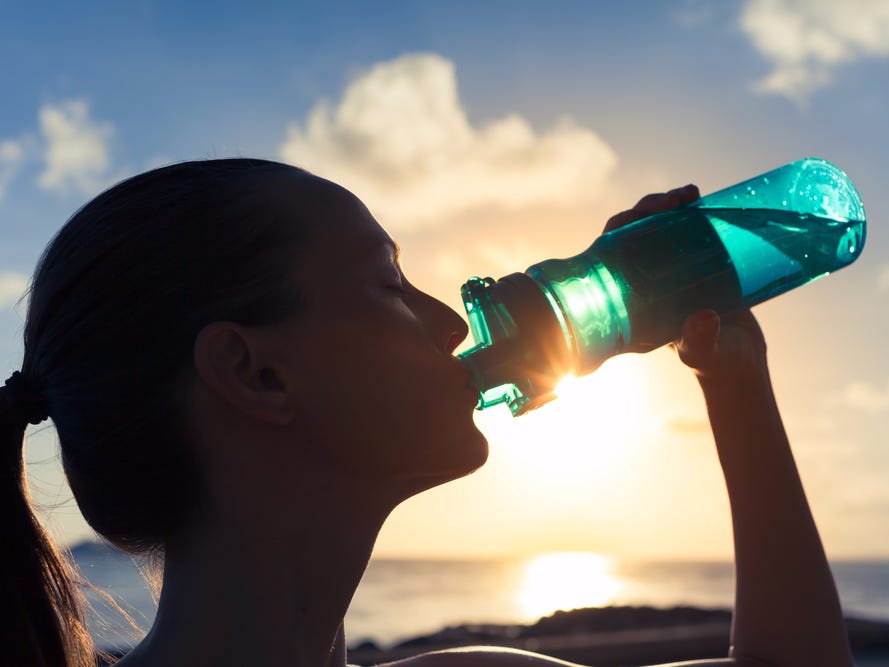
Imagine starting your car in sub-zero temperatures and putting it into gear without waiting for the engine to warm up. That’s a disaster waiting to happen.
The same is true of the human body. Without water to wake up and turn on the body in the morning, you may be running on empty, especially if you skip breakfast.
A glass of cool water right after you wake up tells your body that it’s time to get going. Like a gently flowing stream that pushes along debris and rocks, your circulatory system needs fluid to get rid of stubborn free radicals and residue from burned calories used during the night’s metabolism.
2. Drink Water Before a Meal
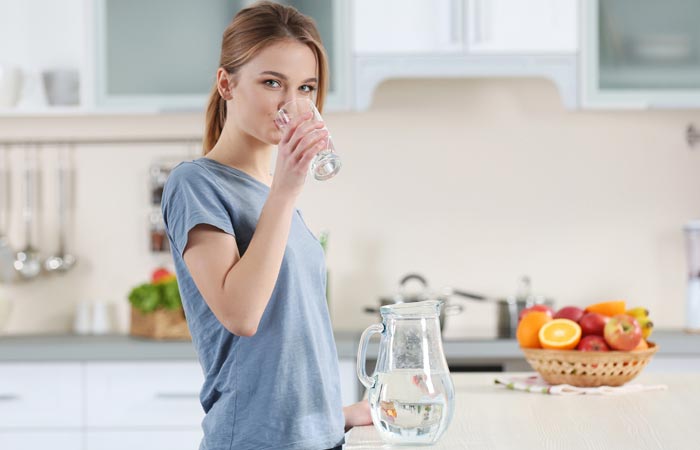
Drinking water before eating helps you feel fuller; that means you’ll be less likely to scarf your food down.
When you’re hydrated the stomach is also prepared for food; water wakes up taste buds and moisturizes the stomach lining so brittle or acidic foods won’t be uncomfortable. Having a glass of water moistens the mouth and clears out leftover tastes from earlier food, drinks or smoking in anticipation of the coming meal or snack.
3. Drink Water When You’re Hungry
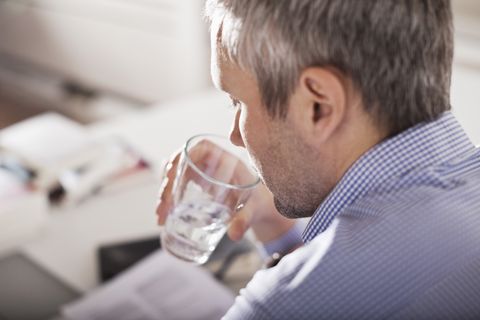
If you’re hungry between meals, pour yourself a tall glass of fresh drinking water first to see if you’re dehydrated. Sometimes people think they’re hungry when they’re really just thirsty.
Drinking water before a snack or with one will help you feel full faster, helping keep calorie intake in check.
4. Drink Water Before a Workout
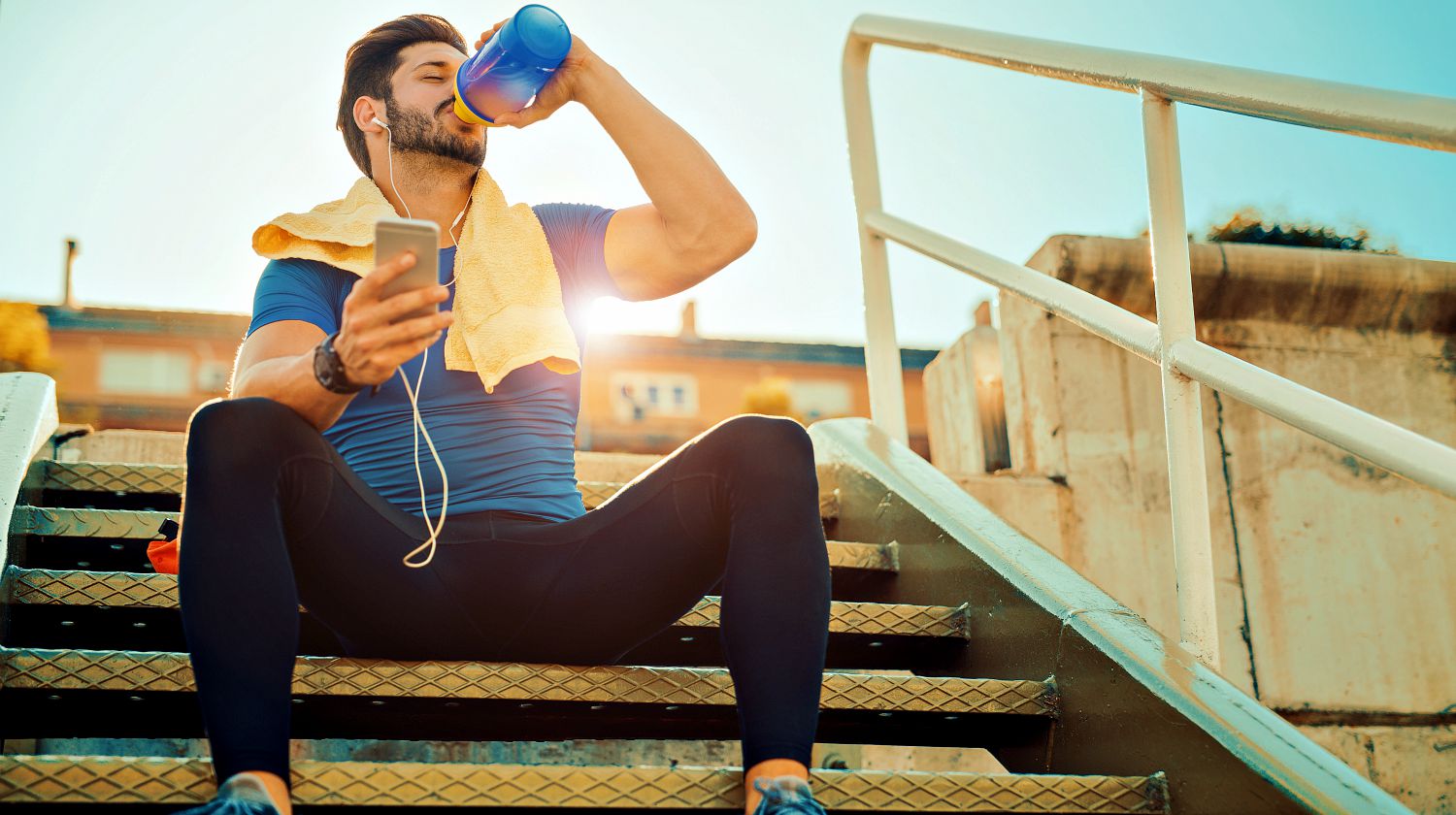
Depending on the temperature, humidity and your body’s fluid levels, you may need one or several 8-ounce glasses of water to protect against dehydration during and after your workouts.
Hydration is essential to guard against heat stroke in warm weather and frostbite in cold temperatures, as your body’s circulation plays a protective role in both extremes of temperature and needs water to function properly.
5. Drink Water After a Workout
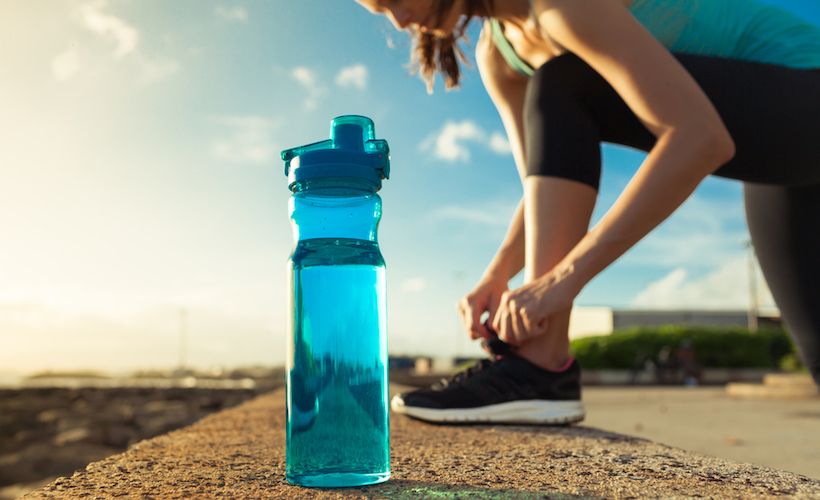
Following vigorous exercise, you may need to drink a lot of water to replace fluids lost through perspiration and urination. The amount you’ll need depends on your weight, health and whether you exercised in hot or humid conditions – especially for long periods – among other factors.
Be sure not to drink too much water too quickly or you could bring on stomach cramps.
6. Drink Water When You’re Exposed to Germs
If you’re around sick people in the hospital or at work and school, drink a little more water than usual to help wash away germs and viruses that your body may have picked up.
A well-hydrated body encourages bacterial and viral invaders to move along so they don’t settle in and multiply in your system.
7. Drink More Water When You’re Ill
The advice your mom gave you still applies: When you’re sick, you need to drink plenty of fluids, including water, to get better.
Drinking eight glasses of water daily (8 ounces per glass) is still a good goal for most people, but other fluids like tea, juice and soup count toward your total intake, too.
8. Drink Water When You’re Tired
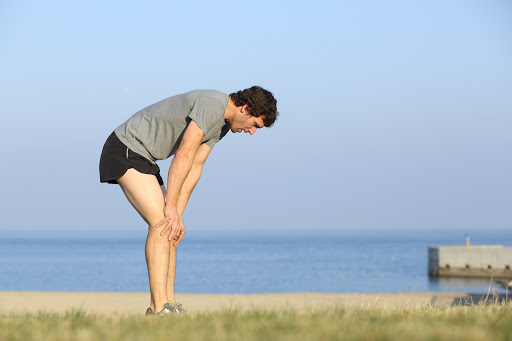
If you’re feeling the need for a nap but can’t take one, have a glass or two of water instead.
Did you know that fatigue is one of the signs of dehydration? Because of its ability to move quickly through the body, water can reach your brain and give you, say, a little boost before a big meeting or when you’re on deadline, even if you didn’t get as much shut-eye as you’d like.
More Tips for Drinking More Water:
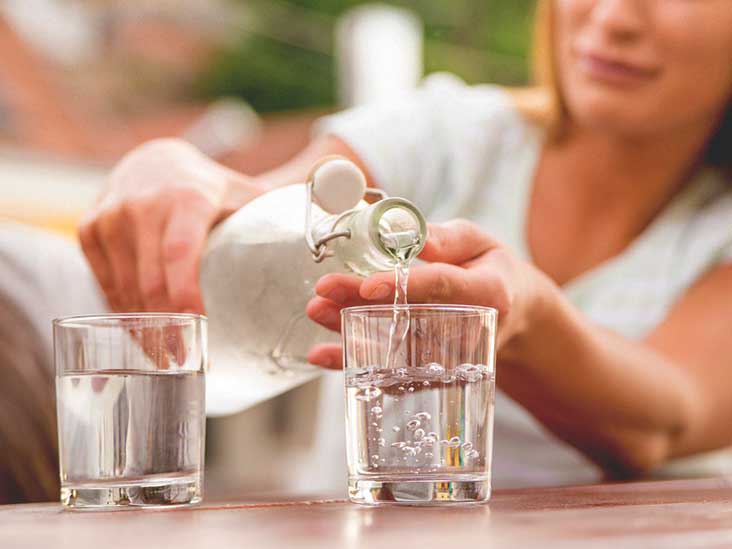
• Drink pure, clean water without contaminants. Those who rely on well water or ground water may want to buy processed water to avoid possible chemicals in their drinking water, including pollutants from farm runoff, industrial landfills and other sources of contamination.
• If you don’t want to buy bottled water you can get a filter for your kitchen faucet that will remove up to 99% of contaminants to purify your drinking water.
• If you’re not sure about the safety of your drinking water, contact your local public health service for a referral to water testing systems. An expert can check your water and advise you how to treat it if it is contaminated.
• Keep a glass of drinking water close to your bed in case you wake up thirsty at night.
• Don’t reach for the pills straight away, your headache could be a symptom of being dehydrated so drinking water should make it go away.Even tension headaches and dizziness, which can be brought on by fatigue, can be cured or helped by drinking water – this is because fatigue is also a sign of dehydration.
• Most people know that drinking more water can be good for clear skin and it can also help the symptoms of acne.If you’ve got dry skin, drinking water will give it more moisture but that’s not all. Water flushes toxins out of your body and anything else that shouldn’t be there so it clears your skin of any dirt and bacteria. This sounds like one of the most promising benefits of drinking water.
What Can Happen If You Don’t Drink Enough Water?
When you don’t get the proper amount of hydration in your system, your brain function, endurance levels, concentration level and physical performance can take a hit. When your body is exposed to high temperatures that cause your body to sweat or when you do a lot of exercise it is even more important to make sure you are drinking enough water.